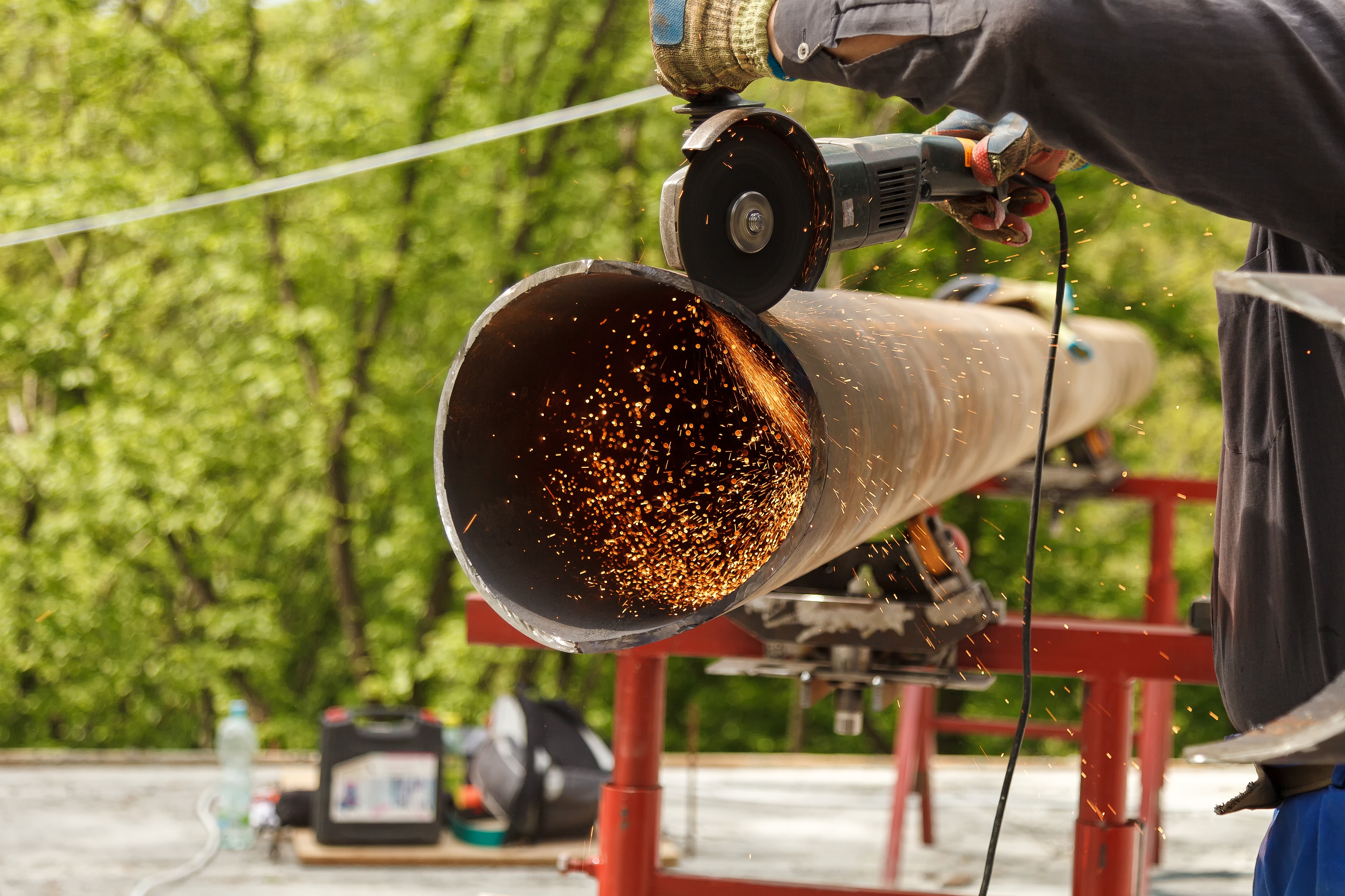How to Select a Steel Supplier: 9 Key Factors to Compare Before You Buy
Meta Description: Looking for a reliable steel supplier? Learn how to compare steel suppliers based on processing services, pricing, quality, support, and logistics to make an informed choice.
Why Should You Compare Steel Suppliers Before Purchasing?
Choosing a steel supplier isn't just about getting the lowest price—it's about securing consistent quality, timely delivery, and long-term support. The right partner helps you avoid costly project delays and quality issues.
How to Compare Steel Suppliers Effectively?
Don’t judge by price alone. Use this structured checklist to make the right decision:
1. Evaluate Steel Supply Processing Services
| Service Type | What to Look For |
|---|---|
| Cutting, Slitting, Forming | In-house capabilities or subcontracted? |
| Coating & Galvanizing | Is value-added processing available? |
| Custom Fabrication | Do they support drawings, tolerances, or prototypes? |
Tip: A one-stop supplier reduces lead times and coordination issues.
2. Compare Steel Supply Pricing – But Context Matters
- Compare the same grade, thickness, and surface finish.
- Check MOQ, payment terms, and inclusion of delivery/duty.
- Ask for total landed cost instead of unit price alone.
Bonus Tip: Factor in waste control for cut-to-size steel orders.
3. Review Their Company Policies
- Returns & Quality Complaints: What’s the process?
- Delivery Commitments: Are timelines guaranteed?
- Certifications: ISO, ASTM, CE, or other standards?
Recommendation: Look for clear, written policies before committing.
4. Assess Product Quality & Steel Grade Options
Quality is non-negotiable. Make sure the supplier:
- Provides Mill Test Certificates (MTCs).
- Offers grades that meet building code requirements.
- Maintains batch-level quality inspection.
5. Ask About Customization or Value-Added Services
- Custom drilling, stamping, or punching
- Logo packaging or export bundling
- Flexible logistics or warehouse storage
Tip: These save your team time and labor in production.
6. Do They Ensure Consistency Over Time?
- Source from verified steel mills only
- Use raw material tracking systems
- Provide client references or repeat buyer data
7. Consider Their Location & Logistics Capacity
| Factor | Why It Matters |
|---|---|
| Proximity to Project | Shortens delivery time & reduces freight |
| Delivery Control | Own fleet vs 3rd-party shipping |
| Cross-border Capability | Needed for international sourcing |
8. Evaluate Their Responsiveness & Support
- Quotes within 24–48 hours
- Dedicated account managers
- Clear updates on delays or production issues
Note: Communication is key to a successful long-term supplier relationship.
9. Look Into Reputation & Industry Standing
- Client reviews and case studies
- Membership in industry associations
- Trade show presence or B2B platform visibility
Tip: Trusted suppliers usually have a strong digital footprint and track record.
FAQ: Common Questions When Choosing a Steel Supplier
- Q1: What certifications should a steel supplier have?
- ISO 9001, ASTM standards, CE or JIS depending on your region.
- Q2: How can I verify a supplier's quality claims?
- Ask for MTCs, request a sample order, or use 3rd-party inspections.
- Q3: Is it better to source locally or overseas?
- Local suppliers offer faster logistics. Overseas may offer lower prices—choose based on project needs.
- Q4: What red flags should I avoid?
- No certifications, slow replies, vague pricing, or lack of references.
- Q5: How to negotiate better pricing?
- Offer higher volumes, long-term partnerships, or flexible lead times.


Post time: Jul-24-2025





